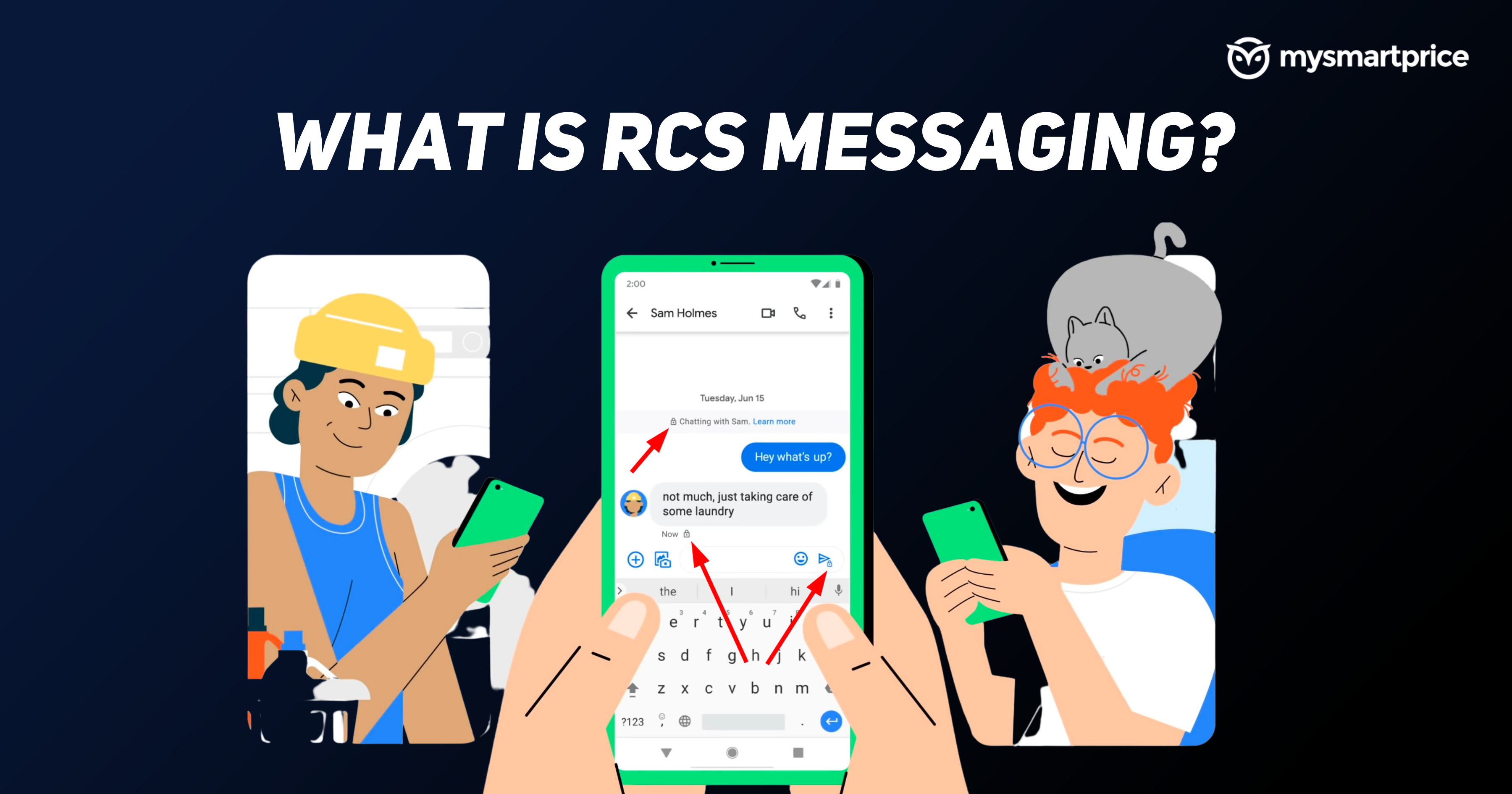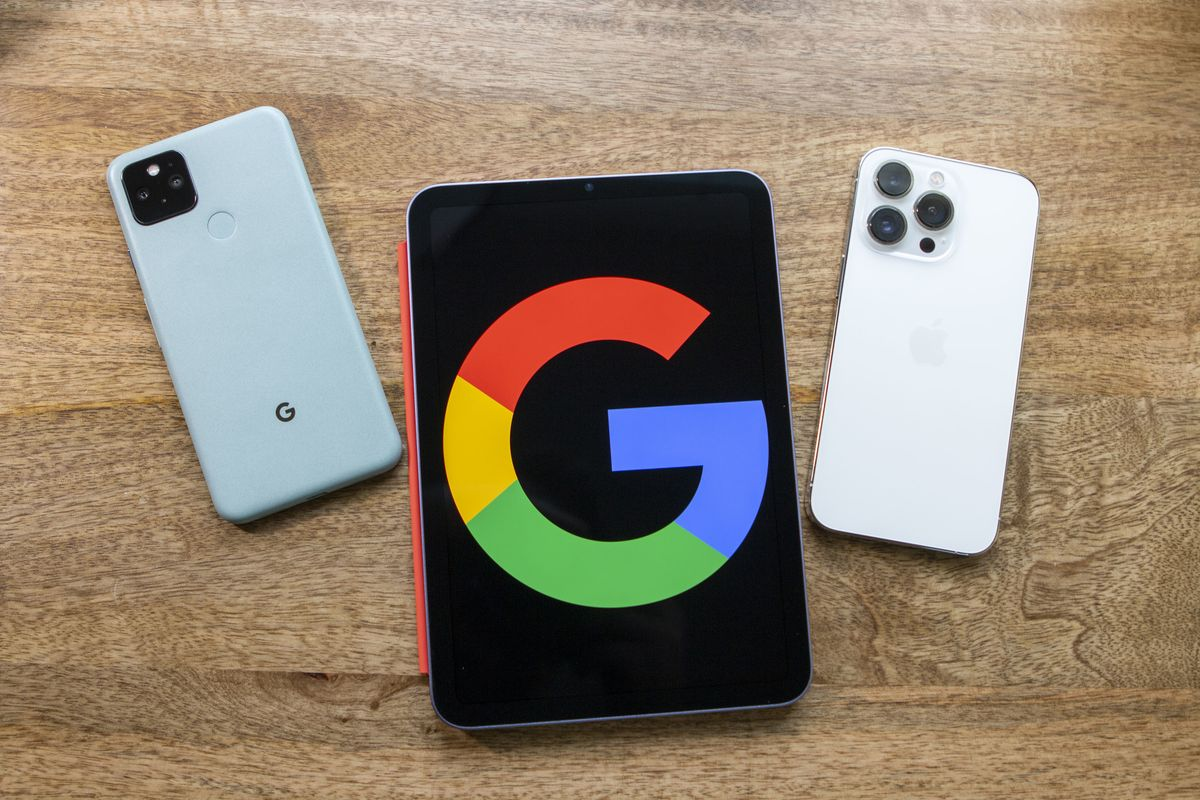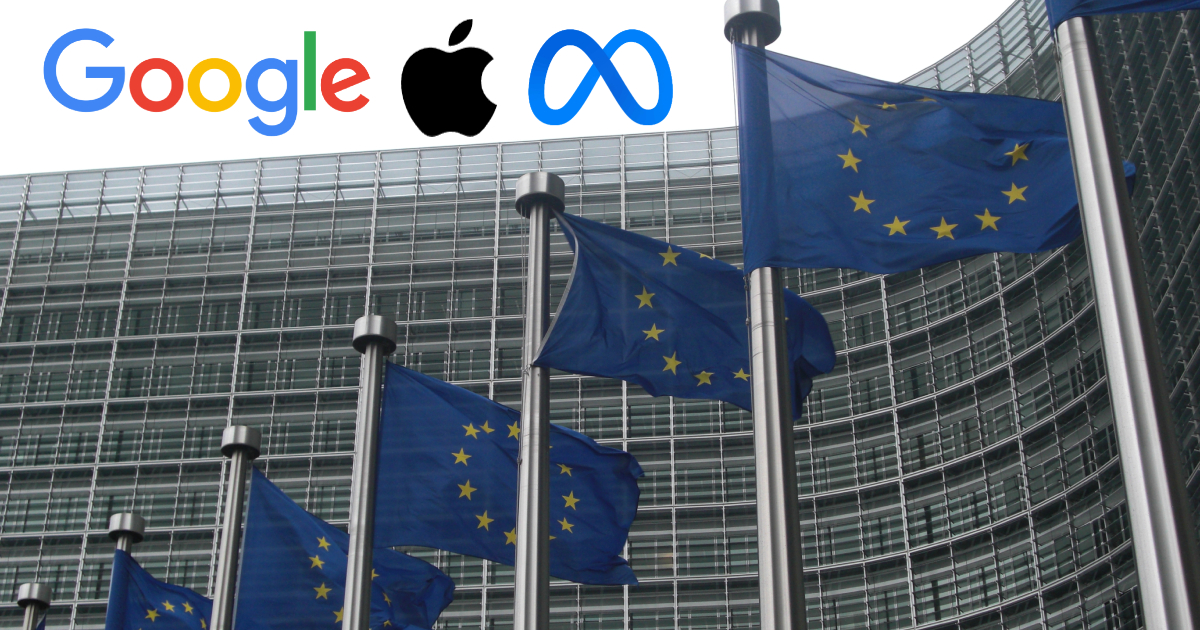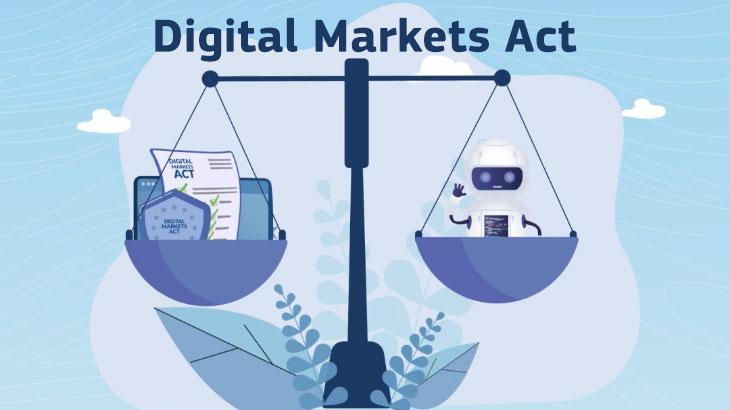RCS messaging, or Rich Communications Services, is revolutionizing the way we communicate by offering a modern alternative to SMS and MMS. With the recent announcement from the GSMA regarding new specifications, including end-to-end encryption, RCS is poised to become the standard for secure and rich messaging experiences. Companies like Apple are finally embracing RCS support, promising compatibility with iPhones, which is a game changer for users. This shift will not only bridge the gap between iPhone and Android users but also elevate our expectations of privacy in messaging, thanks to the robust security features being integrated into the platform. As the world moves towards adopting RCS messaging, users can look forward to a more cohesive and secure communication landscape that transcends traditional messaging limits.
The evolution of messaging technology has taken a significant step forward with the introduction of Rich Communications Services, colloquially known as RCS. Once considered just a buzzword within tech circles, RCS encompasses features that enhance the user experience far beyond what standard SMS could offer. With support for advanced functionalities like file sharing and read receipts, RCS aims to unify user communication across different devices and platforms. Apple’s newfound readiness to incorporate RCS reflects an industry-wide shift as tech giants prioritize a ubiquitous messaging standard. As we compare RCS vs SMS, it’s clear that the future lies in more secure and feature-rich alternatives that cater to modern communication needs.
The Rise of RCS: An Overview of Rich Communications Services
Rich Communications Services (RCS) represents a significant evolution in messaging technology, aimed at enhancing the conventional SMS and MMS experience. Defined by the GSMA, RCS facilitates rich multimedia content sharing, group chats, and higher quality image transmission, providing a feature-rich messaging environment that meets modern user demands. As the world gravitates towards more interactive communication methods, RCS positions itself as a robust solution that not only addresses these expectations but reshapes the landscape of mobile messaging.
While Google has been at the forefront, championing the adoption of RCS across Android devices, Apple’s recent commitment to integrating RCS support on iPhones signifies a pivotal shift. This not only validates RCS as a credible player in the messaging arena but also bridges the gap between different operating systems, promoting interoperability and enhancing user experiences across devices. The arrival of RCS signals a turning point where traditional SMS is no longer sufficient for complex communication needs.
End-to-End Encryption: Enhancing RCS Security
As messaging technology evolves, the implementation of end-to-end encryption (E2EE) emerges as a critical requirement. The new GSMA specifications introduce E2EE capabilities within RCS, ensuring that messages remain confidential throughout their transmission. This advancement is pivotal as it allows users to communicate privately, without the fear of unauthorized access or data breaches. The Messaging Layer Security (MLS) protocol serves as the backbone for this enhanced security, enabling encryption across platforms, including cross-provider interactions.
Apple’s involvement in promoting end-to-end encryption within RCS showcases a commitment to user privacy that aligns with industry standards. With E2EE, every message sent through RCS is fully encrypted, making it unreadable to anyone other than the intended recipient. This is a substantial step forward, especially considering that Google has offered E2EE in its Google Messages app for years. The push for industry-wide adoption of E2EE underlines the increasing importance of security in communications today.
Apple Joins the RCS Movement: Impacts on iPhone Users
Apple’s late entry into the RCS scene has stirred significant discussion among iPhone users and tech enthusiasts alike. Historically, Apple has prioritized iMessage to create a unique user ecosystem, leading to fragmentation in messaging experiences. However, with the announcement of RCS support on the iPhone, Apple addresses long-standing criticisms from users who felt marginalized in conversations with non-iPhone users. The decision to embrace RCS reflects a broader trend towards universality in communication technologies.
This move will democratize messaging for iPhone users, allowing them to connect seamlessly with Android users who rely on RCS. By integrating RCS into iOS, Apple not only enhances its messaging capabilities but also offers users the rich features associated with RCS. This includes read receipts, typing indicators, and easy sharing of high-resolution images—elements that significantly contribute to a more engaging text messaging experience.
Comparing RCS vs SMS: The Future of Communication
The comparison between RCS and SMS is not merely a matter of technological advances; it’s a pivotal conversation about the future of mobile communication. SMS, while reliable, suffers from limitations in terms of multimedia capabilities and interactivity. RCS addresses these shortcomings head-on, offering a suite of features that empowers users to engage in richer, more dynamic conversations. As smartphone users increasingly expect advanced functionalities, RCS stands out as the superior choice.
Moreover, RCS’s ability to offer better delivery tracking, visual enhancements, and group chat capabilities underlines its potential supremacy over SMS. The industry’s transition from SMS to RCS represents not just an upgrade in functionality but a paradigm shift, paving the way for a more connected and interactive messaging world. As communication needs evolve, RCS is poised to set the standard for how we interact through our mobile devices.
RCS and Interoperability: Bridging Platforms
Interoperability remains a crucial aspect as RCS seeks to unify messaging across multiple devices and platforms. With Apple finally joining the RCS movement, the landscape of mobile messaging is changing dramatically. Users will soon benefit from the ability to send RCS texts across different operating systems without compatibility concerns, an essential feature that enhances user experience and streamlines communication.
The universal approach to RCS aims to provide a cohesive messaging experience, eliminating the fragmented communication channels that have historically existed. As the industry aligns with the GSMA’s new specifications, the goal will be to create a seamless communication environment where messages are not restricted by device limitations or carrier constraints.
The Role of the GSMA in RCS Development
The GSMA plays a pivotal role in defining and advancing Rich Communications Services, establishing the frameworks that govern RCS implementation globally. Their recent announcement regarding end-to-end encryption reflects a commitment to enhancing user privacy and security within the messaging realm. By collaborating with industry leaders, the GSMA sets standards that encourage mobile network operators and device manufacturers to adopt RCS uniformly.
Through its ongoing initiatives, the GSMA aims to elevate RCS from a niche product to a staple in mobile communication, emphasizing the importance of consistent standards across all devices. This is crucial not just for user adoption, but also for fostering a competitive environment where advancements in technology can thrive.
The Future of Messaging: Innovations on the Horizon
As RCS gains traction, users can expect a continuous stream of innovations that will redefine the messaging experience. The inclusion of features such as payments, location sharing, and integration with other apps showcases the adaptable nature of RCS as it grows. Enhanced functionalities are key in ensuring RCS remains competitive against traditional SMS and other messaging applications.
Furthermore, with advancements in machine learning and artificial intelligence, RCS can evolve to offer personalized interactions and smarter messaging solutions. The potential for integrating these technologies could lead to a more intuitive and responsive messaging platform that caters to user needs like never before, reinforcing RCS’s position as the future of mobile communications.
User Experience: The Shift Towards Enhanced Messaging
The user experience with messaging apps is undergoing a transformation, and RCS is at the forefront of this shift. By blending traditional text messaging capabilities with rich media experiences, RCS fosters deeper connections between users. Advanced features like stickers, GIFs, and high-quality images can enhance emotional expression in communications, making conversations more engaging.
Moreover, RCS’s focus on improving user interfaces and interactivity leads to a more satisfying engagement with messaging. With Apple now incorporating RCS support, iPhone users are set to enjoy a much richer messaging experience, bridging the gap with millions of Android users and creating a more unified platform for communication.
Challenges Ahead: Navigating the RCS Landscape
Despite the overwhelming potential of RCS, several challenges remain to be navigated. The disparity in adoption rates across various manufacturers and mobile networks could hinder the seamless experience that RCS aims to deliver. There is also a need for widespread consumer awareness and education surrounding RCS features, as many users may remain unaware of its advantages compared to traditional SMS services.
Additionally, as RCS continues to compete with established players like WhatsApp and iMessage, it must carve out its niche in a crowded market. The high expectations for security, privacy, and functionality will be paramount as RCS evolves. The ongoing collaboration between industry stakeholders will ultimately determine the success and sustainability of RCS as a mainstream messaging service.
Frequently Asked Questions
What is RCS messaging and how does it compare to SMS?
RCS messaging, or Rich Communications Services, is an advanced messaging protocol that enhances the functionalities of traditional SMS and MMS. Unlike SMS, which is limited to text and did not support media, RCS allows for richer media sharing, group chats, and interactive features. These capabilities are defined under the GSMA RCS specifications, making RCS the presumed successor to SMS, aimed at providing a more engaging messaging experience.
Does RCS messaging support end-to-end encryption?
Yes, RCS messaging is now moving towards incorporating end-to-end encryption (E2EE) as outlined by the recent GSMA specifications. This means that RCS messaging can potentially provide secure communication, ensuring that messages and content remain confidential between senders and receivers. Apple’s involvement in this effort highlights the industry’s commitment to enhancing privacy in RCS messaging.
When will iPhone users get RCS messaging support?
Apple has announced that RCS messaging support will be available on iPhones starting with the release of iOS 18.4, scheduled for late 2024. This rollout marks a significant milestone as Apple aligns with GSMA RCS specifications, allowing iPhone users to enjoy the enhanced features and interoperability of RCS messaging.
How does RCS messaging benefit users compared to traditional SMS?
RCS messaging offers several benefits over traditional SMS, including the ability to send high-quality images and videos, engage in group chats, receive read receipts, and see when the recipient is typing. These features, made possible by RCS, create a more interactive and user-friendly messaging experience unlike the limitations of SMS.
What are the key features of the new GSMA RCS specifications?
The new GSMA RCS specifications include support for end-to-end encryption, which protects user privacy, and enhanced messaging features such as better media sharing and interactive elements. These advancements are expected to elevate RCS messaging’s role as a secure communication channel, particularly with Apple’s recent commitment to integrating these standards.
What are the differences between RCS and SMS?
The primary differences between RCS and SMS lie in functionality and user experience. RCS supports rich media content, group chats, and features like location sharing and read receipts, while SMS is limited to text and simple multimedia. RCS also allows for end-to-end encryption, enhancing privacy and security, making it a more modern messaging solution compared to SMS.
Why did Apple take so long to adopt RCS messaging?
Apple was initially slow to adopt RCS messaging as it sought to maintain a distinctive user experience with its proprietary iMessage platform. By differentiating itself, Apple delivered unique features while leaving iPhone users out of the RCS ecosystem. However, due to increasing user demand and industry pressure, Apple has now committed to supporting RCS messaging.
What is the impact of end-to-end encryption in RCS messaging?
End-to-end encryption in RCS messaging ensures that conversations remain private and secure, as only the sender and the recipient can access the message content. This level of security is critical in protecting user data from interception during transmission, marking a significant improvement in messaging safety that aligns with user privacy expectations.
How does RCS messaging interoperability work between different platforms?
Interoperability in RCS messaging allows users on different platforms, such as Android and iOS, to communicate seamlessly. The recent adherence to GSMA RCS specifications aims to standardize these interactions, ensuring that RCS features work across device types and carriers, thus promoting a unified messaging experience.
Will RCS messaging be available worldwide?
Yes, RCS messaging is designed as an international open standard, which means it is intended to be available worldwide. As mobile carriers and device manufacturers adopt the GSMA RCS specifications, its usage will expand globally, allowing users across different regions and platforms to leverage RCS features.
| Key Point | Details |
|---|---|
| Apple’s Late Adoption of RCS | Apple was slow to adopt RCS due to its focus on iMessage, but it announced support for RCS on iPhones starting with iOS 18.4. |
| Importance of E2EE | End-to-end encryption (E2EE) now supported in RCS, ensuring secure and private messaging. |
| RCS Specification Announcement | GSMA announced new RCS specifications, promoting E2EE based on Messaging Layer Security (MLS) protocol. |
| Industry Collaboration | GSMA is collaborating with carriers and mobile ecosystem partners, including Apple and Google, to enhance RCS. |
| Challenges Ahead | Despite advancements, RCS still faces criticisms, particularly regarding its initial lack of E2EE. |
Summary
RCS messaging marks a significant evolution in communication technology. With Apple’s recent commitment to support RCS and the introduction of end-to-end encryption, RCS is set to become a more secure option for users across different platforms. This is a major step towards bridging the gap between users of iOS and Android, enhancing the overall messaging experience.



